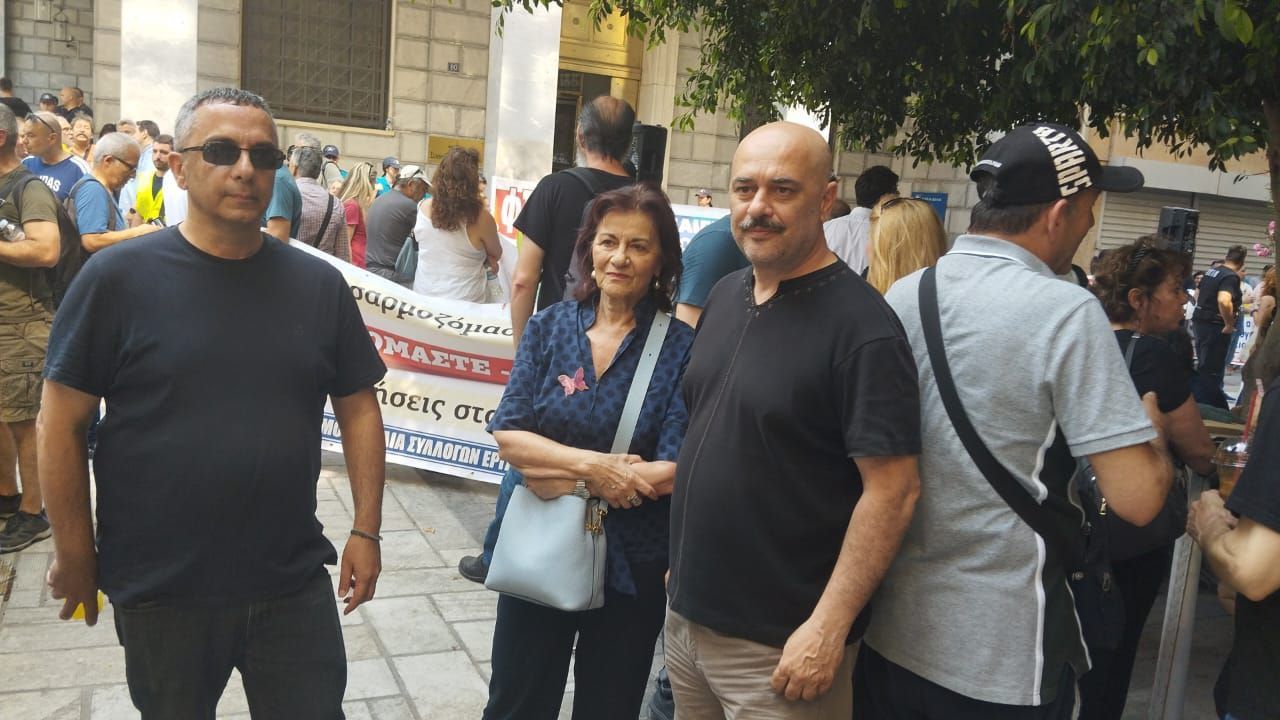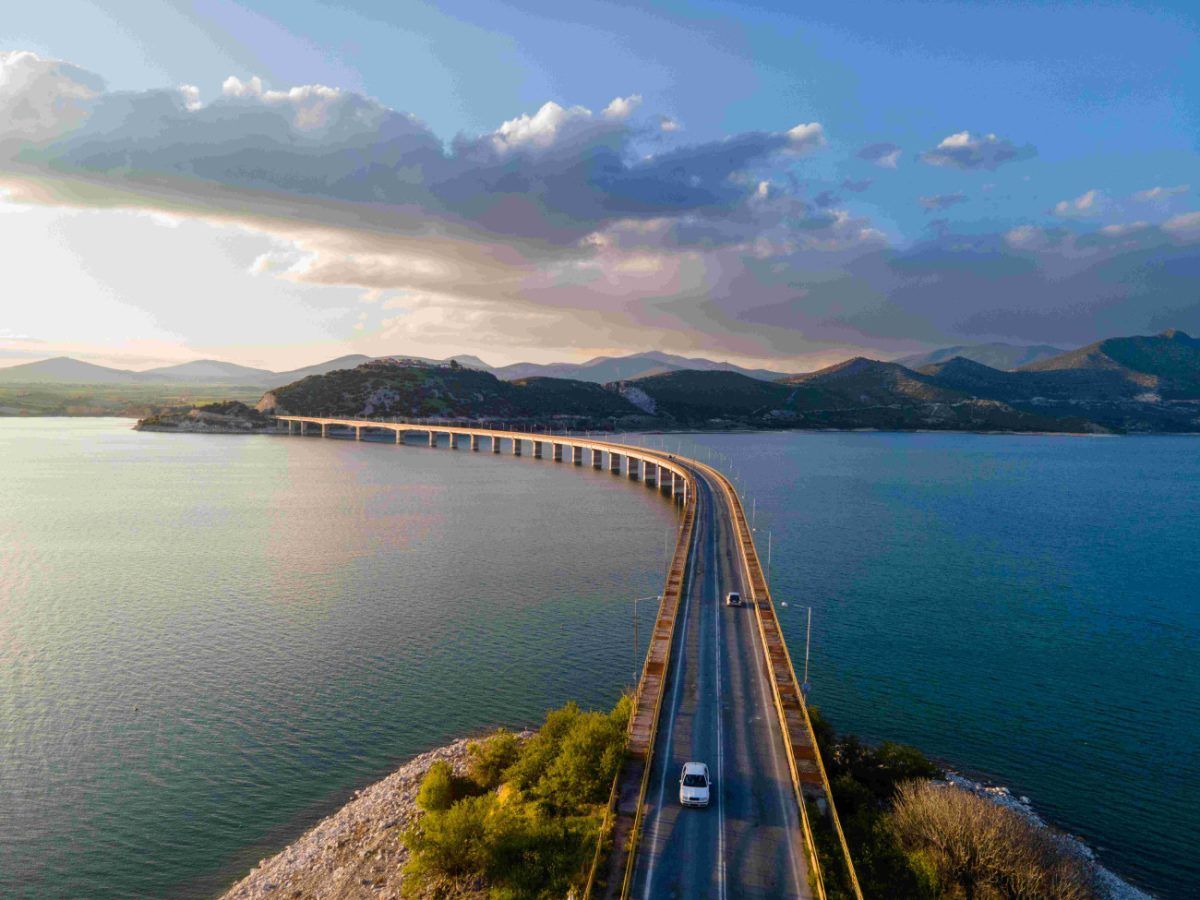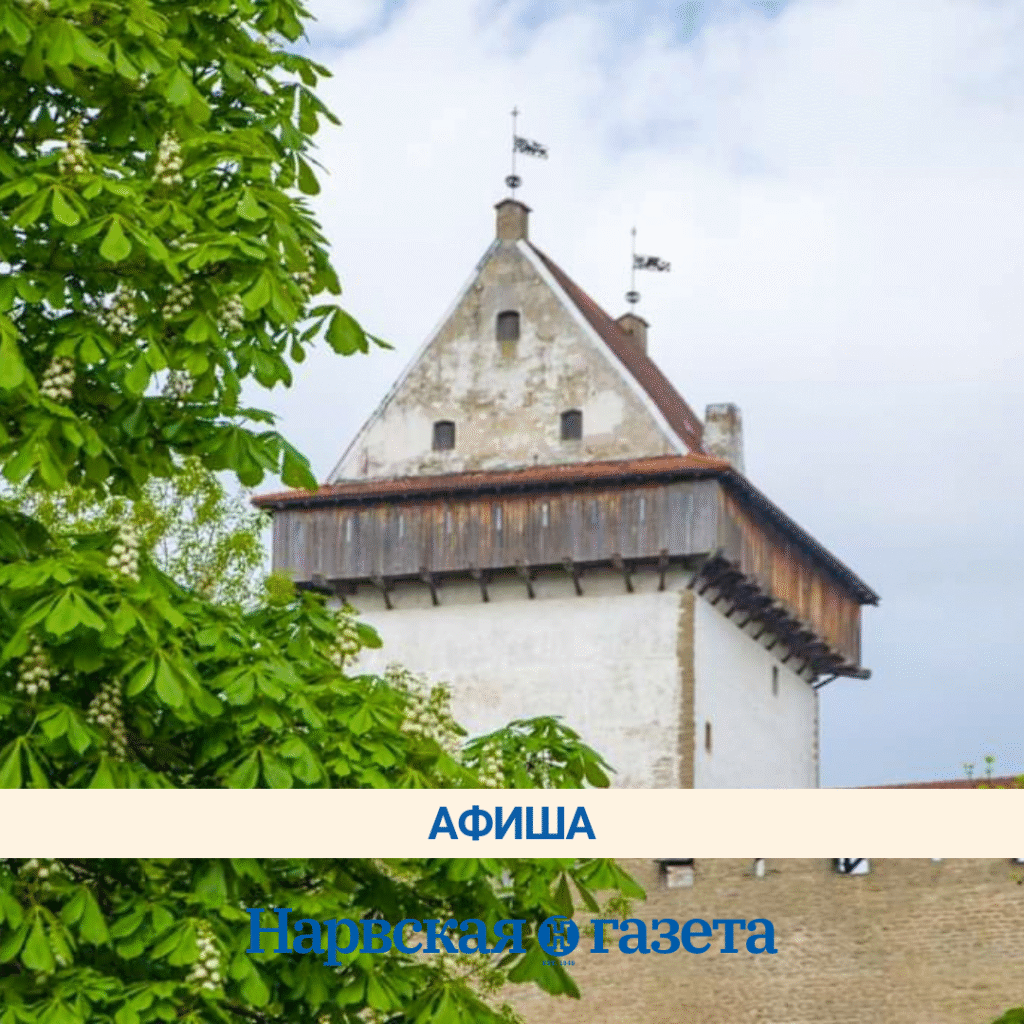The huge hotel – ghost in Spain
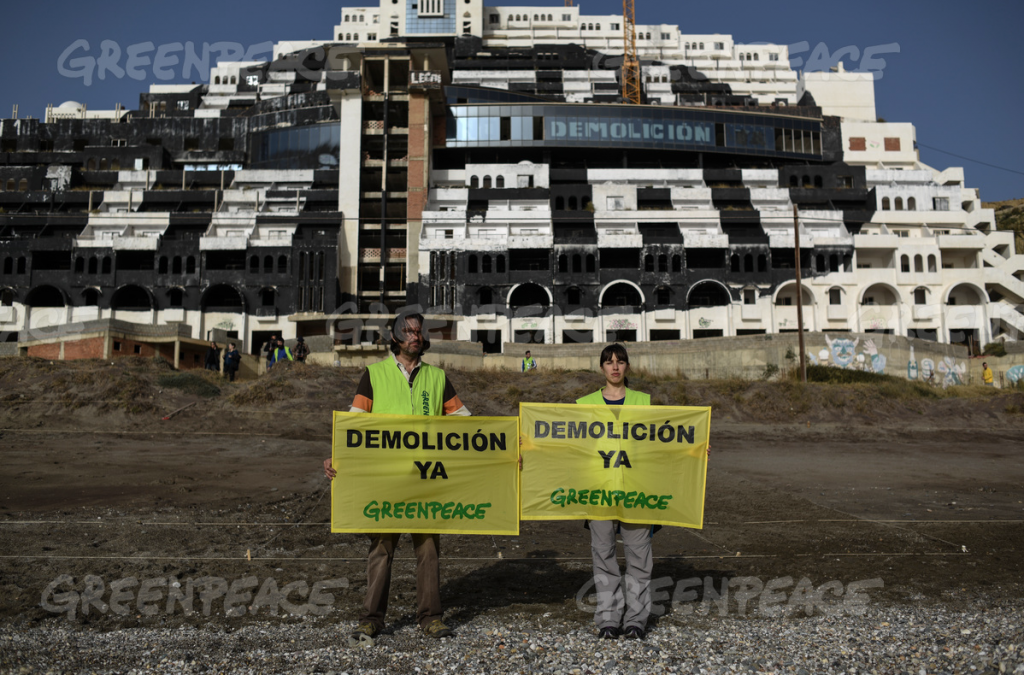
To SpainOn the south coast, there is a four -star hotel that should never be built and has never been used, but somehow resists all its destruction efforts. It is probably the most famous hotel in the entire Iberian peninsula, at least politically speaking. Government ministers do not interview other hotels, but they have given the Hotel El Algarrobico in Almeria.
El Algarrobico was to open almost 20 years ago. Its 411 rooms were built and the air conditioning units had been installed. Was 94% complete. It then became a landmark for the Spanish coastline.
The hotel was built on one of the relatively few « virgin » beaches of the country. It violates the law for two reasons: it is in a natural park and is less than 100 meters from the coast.
In 2014, Greenpeace activists wrote the words « Hotel Ilegal » on its facade. The Supreme Court has generally opposed environmentalists, although by complex legal decisions. In February this year, Maria Hessu Modero, Vice President of Spain, eventually pledged to expropriate the land and tear down the hotel in months.
Today, the project is a monument in a simple truth: it is much easier to destroy natural beauty than human terraces. There is also a more complex lesson: sometimes democratic policy and law can stick so much that it seems obvious.
Most residents are clear that the ghost hotel must be « resurrected » to offer jobs, the Financial Times said.
From Greenpeace’s campaign
The ghost hotel causes strong feelings
Carbonras has largely avoided tourism and intensification of crops. No house can be more than three floors. Everything must be white. « Carbonras pays for what others have done along the Spanish coast, » Mayor Salvador Ernadas, an environmental lover, told the FT.
But this makes the hotel more enigmatic. How, in 2003, a previous mayor approved the project (with brave tax exemptions)? Why didn’t the manufacturers carry it a few meters behind the coast? And how did nobody notice the problems until the building just wanted three months to finish?
Someone will pay the bill now. The construction of the hotel cost around 70m euros in today’s money. Its demolition would cost another 7m euros, plus the cost of removing the ruins.
In Almeria, the indefinable power encounters a steadfast object. The hotel cannot be upright. However, it is not clear that it can be demolished.
The hotel is located in the center of the Gulf, its outer limit just 14 meters from the beach. The « ghost » changed the sense of space and not pleasantly.
Strict design rules in the area have a gap: you can only build three floors anywhere, but by building on the slope of a hill, you can create a structure that looks much larger. The hotel exploits this, looking much higher.
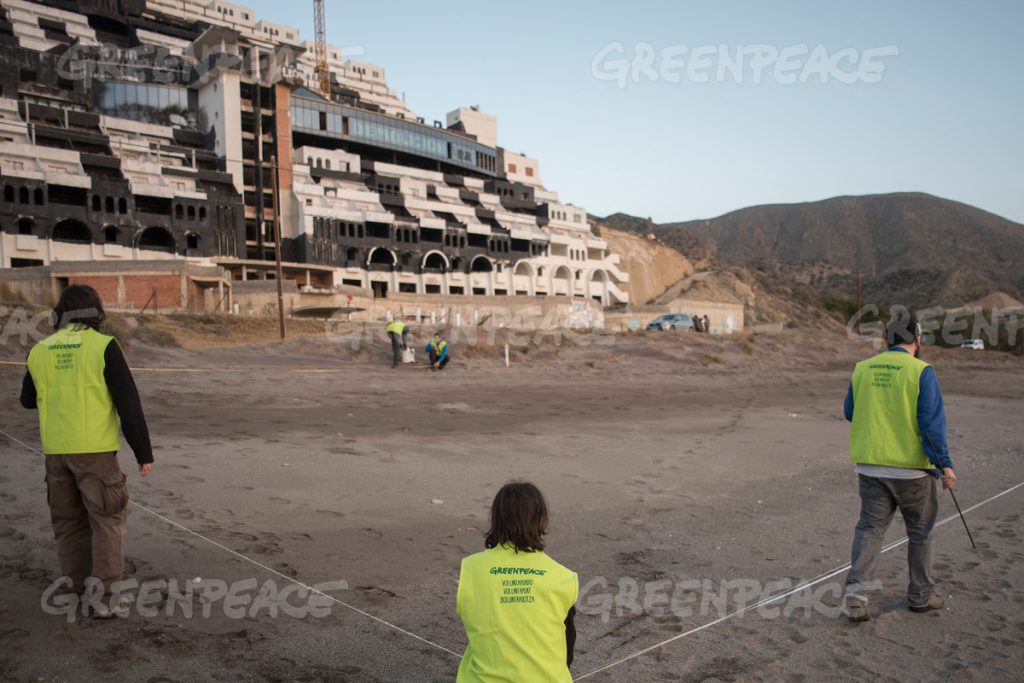
Greenpeace activists write « demolition » on the beach of El Algarrobico.
The history of the hotel dates back to the late 1980s. The area was trying to upgrade its tourist market and Carbonras reported buildable land to El Algarrobico beach. In 1999, Azata, a Developer based in Madrid controlled by one of Spain’s richest families, bought a 16 -hectare plot. But a few years earlier, Spain had created a neutral zone along its coastline and expanded the natural park.
The conflict was visible only in 2005 after the construction began. This enraged activist Jamie Del Val. After studying three weeks, he gave instructions to a lawyer and organized marches. Greenpeace was involved. In 2006, a judge stopped construction.
Since then, different courts have been largely (but not completely) consistent: the project had a valid building permit from the Town Hall, but it is illegal in accordance with the dominant Spanish legislation. Azata, according to a ruling by the Supreme Court of 2020, is not entitled to compensation because it has acted in a « malicious » way, since it had to know the rules. The contractor argued, rightly, that the official bodies took years to confirm that the coastal seat belt would expand from 20 meters to 100. But he knew long after the start of the hotel construction that such a change was planned, and could have stopped work.
At least since 2019, the courts told the Mayor of Carbonras to review the license. But the mayor did not do so and the courts refused to impose it. Del Val is sure that the manufacturer and the mayor are still hoping to open the hotel. The European Court of Human Rights has agreed to hear Greenpeace’s allegation that the mayor’s omission to review the permit violates the right to fair legal protection.
For the mayor, the construction is the nine tenths of the law. « The building is there, » he says. « Refurbish it and open it. » He suggests that it could be « an elderly house » or, more so, « an environmental research center in Cabo de Gata.
Carbonras wants the hotel because some of its other industries – fishing, carbon energy production – are threatened or closed. It still has a cement factory.
At present, the demolition plan seems fatal defective. The national government only plans to expropriate 50% of the location closest to the sea, which is part of the coastal zone. The rest, including most of the hotel, will come to the regional government, which is controlled by the center -right opposition, the People’s Party. The cooperation is essential but unlikely.
The expropriation is not attractive to the regional and local governments in part due to possible compensation to the Azata manufacturer.
For Del Val, « there are thousands of El Algarrobicos throughout Spain » and many are also deadlocked.
Source: OT

